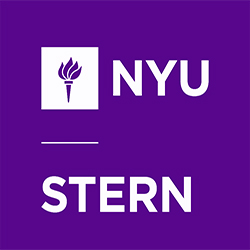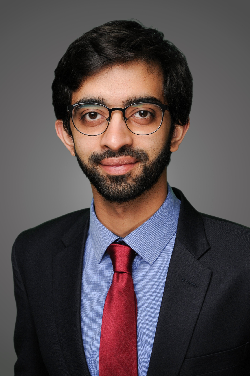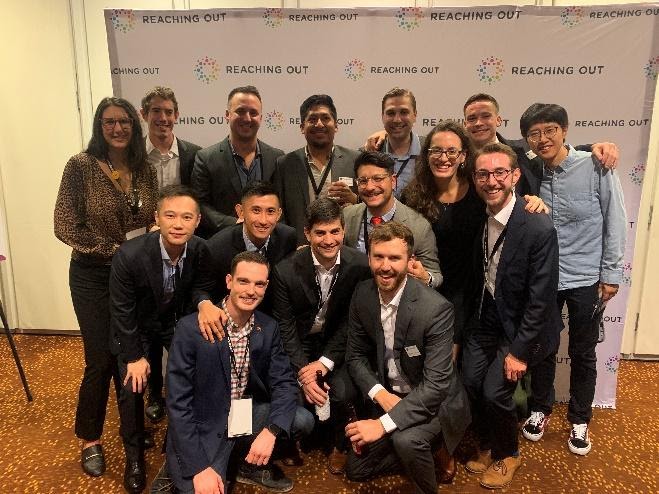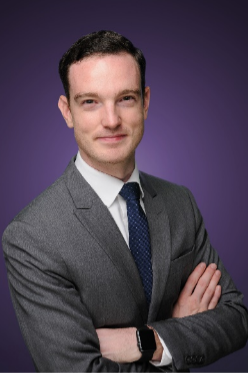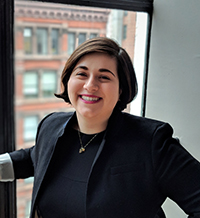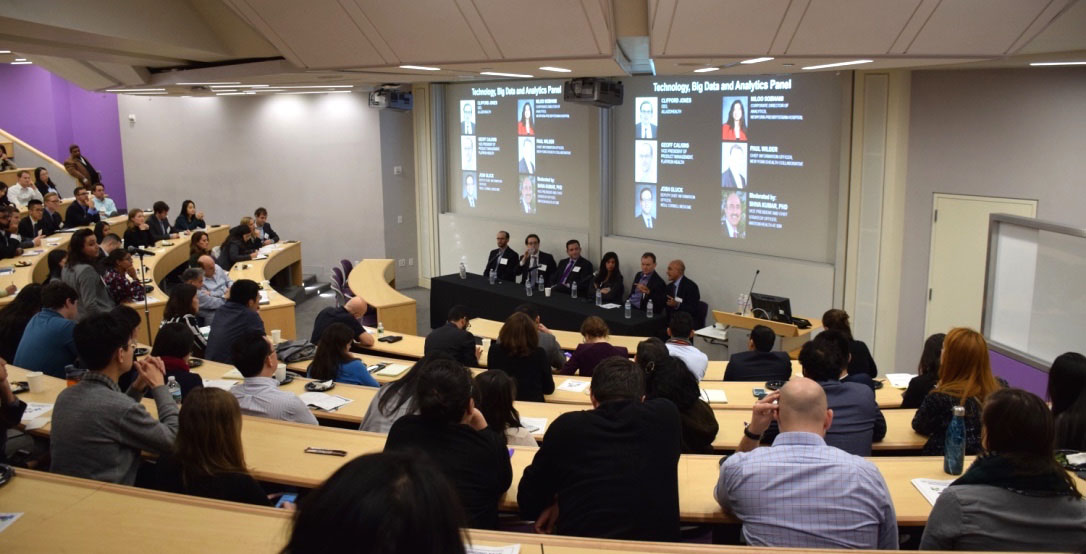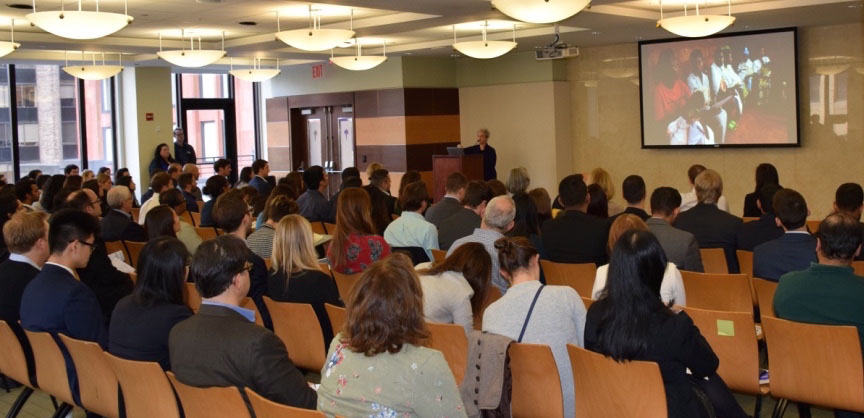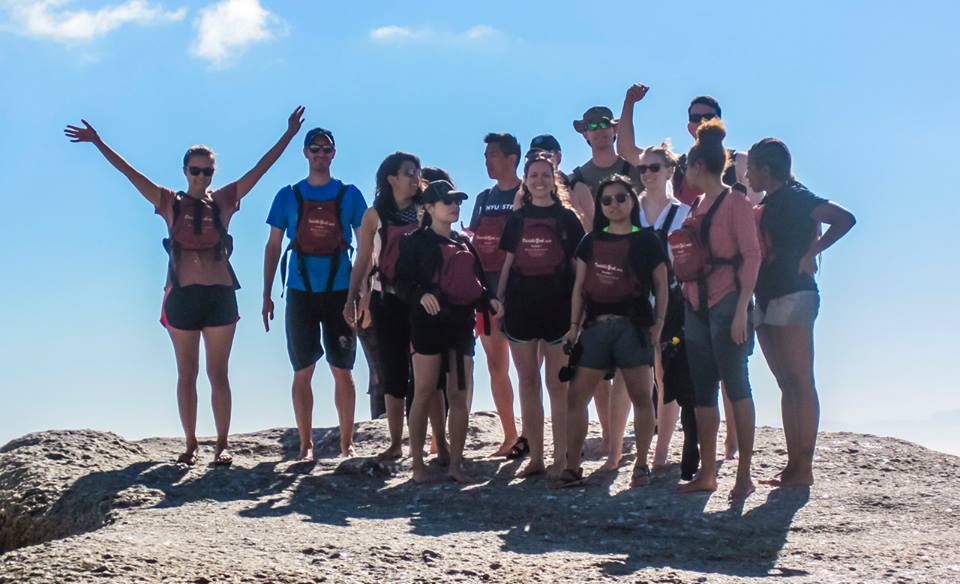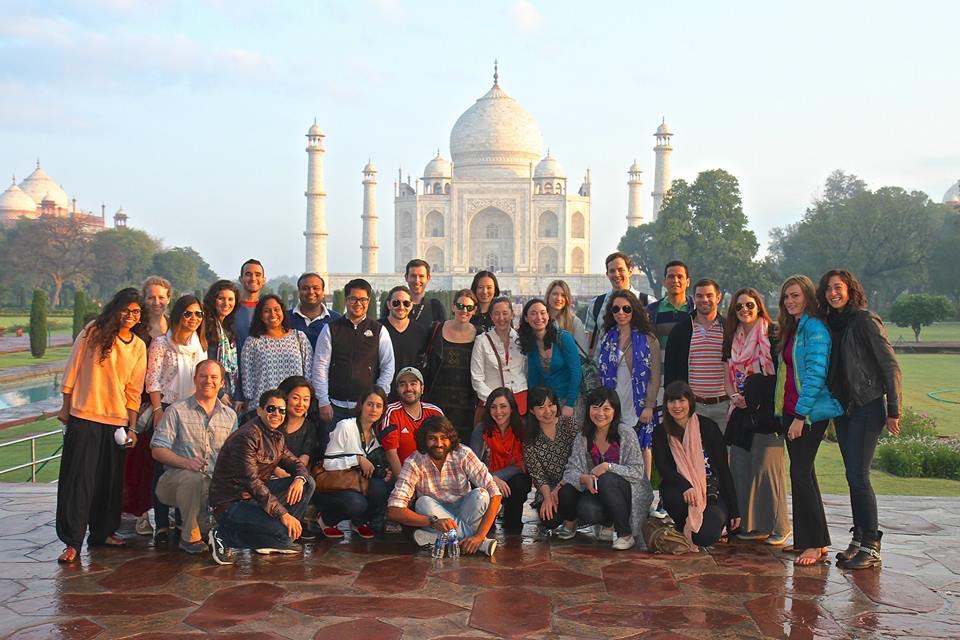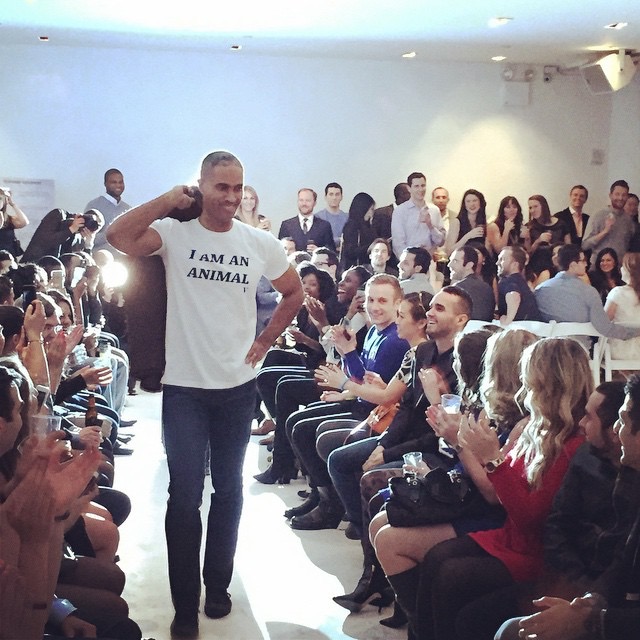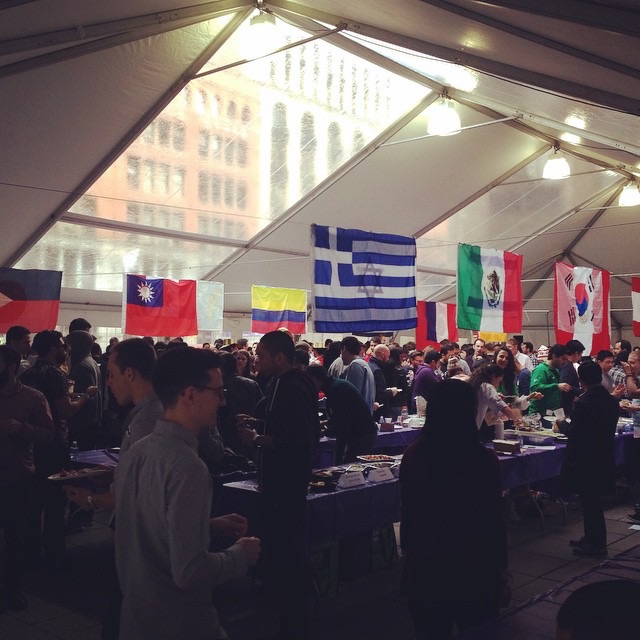 Grant Ward is an MBA2 specializing in Finance and Business Analytics. Prior to Stern, Grant spent eight years as a Black Hawk helicopter pilot in the United States Army. During that time, he lived and worked all over the US and Europe, including a three year tour to Germany. He recruited for Management Consulting and plans to join Boston Consulting Group in their Summit, NJ office this coming summer. Grant is a Graduate Ambassador for the Admissions Department as well as an active participant in the Military Veterans Club and Stern Golf Club.
Grant Ward is an MBA2 specializing in Finance and Business Analytics. Prior to Stern, Grant spent eight years as a Black Hawk helicopter pilot in the United States Army. During that time, he lived and worked all over the US and Europe, including a three year tour to Germany. He recruited for Management Consulting and plans to join Boston Consulting Group in their Summit, NJ office this coming summer. Grant is a Graduate Ambassador for the Admissions Department as well as an active participant in the Military Veterans Club and Stern Golf Club.
Transitioning from the military into a new career is not an easy task. For those of us that have spent any amount of time in uniform, it can sometimes seem like a different world. After completing my term of service in the Army, I wanted to move back to the NYC metro area to be closer to family and pursue a career that would provide meaningful work and an opportunity to grow professionally. Admittedly, I didn’t know exactly what that would look like, but with the help of the Fertitta Veterans Program and an incredible supportive group of Stern Alumni, I couldn’t be happier about my future at BCG.
Leading up to my time at school, I spoke to many alumni and veterans who had graduated from NYU and those interactions played heavily into my decision to attend Stern’s MBA program. As a community, this enthusiastic group provided unvarnished feedback on the student experience, as well their post-MBA careers. They answered every question I had about different industries and functional areas and introduced me to several opportunities for transitioning veterans. Before I arrived on campus, I spent hours on the phone with a number of individuals committed to my success and, through that informal research, determined I wanted to pursue a role as a management consultant.
Beginning my MBA as part of the Fertitta Veterans Program has been such an important factor in my success. This program offers unique advantages financially, academically, and professionally. While not all program participants are offered a scholarship, those that do are often able to complete a two year-full time MBA with little to no out of pocket expense. That, coupled with VA benefits, makes pursuing an MBA and forgoing two years of professional work experience an easy choice by removing the number one obstacle associated with living in one of the world’s most expensive cities. Completing two core courses in the summer prior to school was also a huge help going into my fall semester. Many military veterans do not have undergraduate experience in business and taking Accounting and Statistics with a small and supportive cohort of other veterans was a great way to learn two topics that are critical to the remainder of the program as well as your follow-up career. Finally, a number of company treks and corporate presentations offered on Fridays throughout the summer term were a great way to learn about many of the firms that recruit at Stern and network with some of the veterans and alumni there before the fall recruiting cycle.
Completing my summer term as part of the Fertitta Veterans Program is only the beginning of the adventure. It wasn’t until I arrived on campus that I realized the full array of support and guidance available to MBA students trying to pivot into an entirely new career. The Office of Career Development, as well as the student-led professional clubs, were pivotal to informing me of internship opportunities, fostering connections at companies I was interested in, and preparing me for both applications and interviews. The Management Consulting Association was my “one stop shop” throughout application and interview prep and helped me succeed in finding my dream job. I began this process knowing very little about what a consultant actually does and how the biggest consulting firms recruit each year’s class of MBA hires. That lack of initial knowledge did not prevent me from leveraging the resources available to earn an exciting summer internship opportunity with BCG. I enjoyed my internship immensely and plan to start full-time with them this coming July. While I certainly put in the hours, the student and alumni community were the most important component of my success.
My key message for any veteran considering an MBA at NYU Stern is that this community understands what you’re going through and we have the knowledge, experience, and enthusiasm to help you achieve your goals. Nowhere else did I interact with such a hands-on group of students, faculty, and alumni. In every encounter, I received open and honest feedback and throughout my student experience, I have been immersed in an abundance of professional and academic opportunities for growth.
